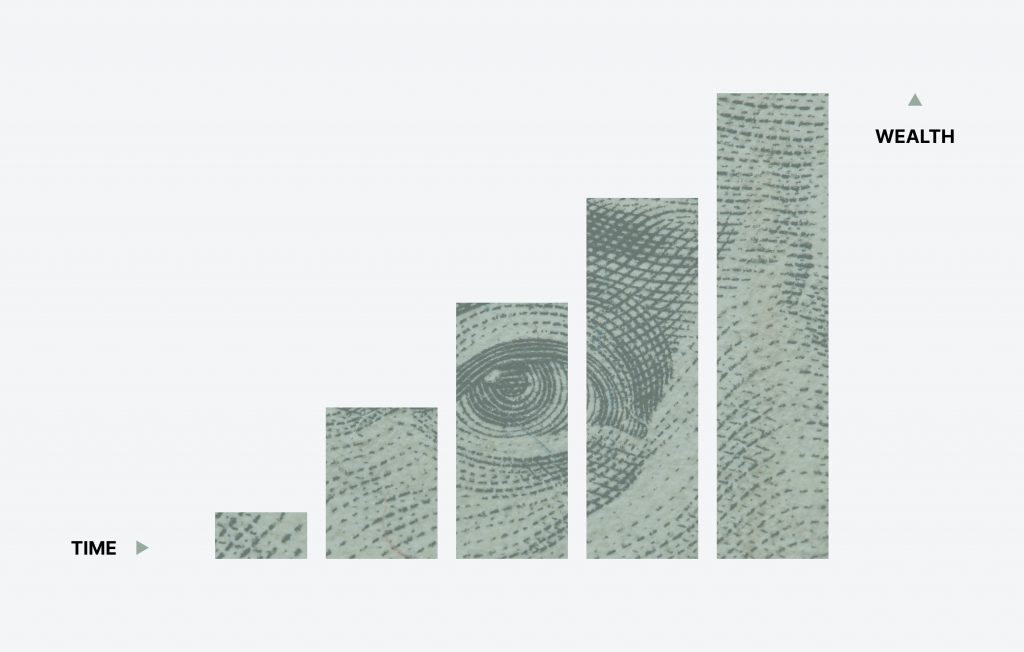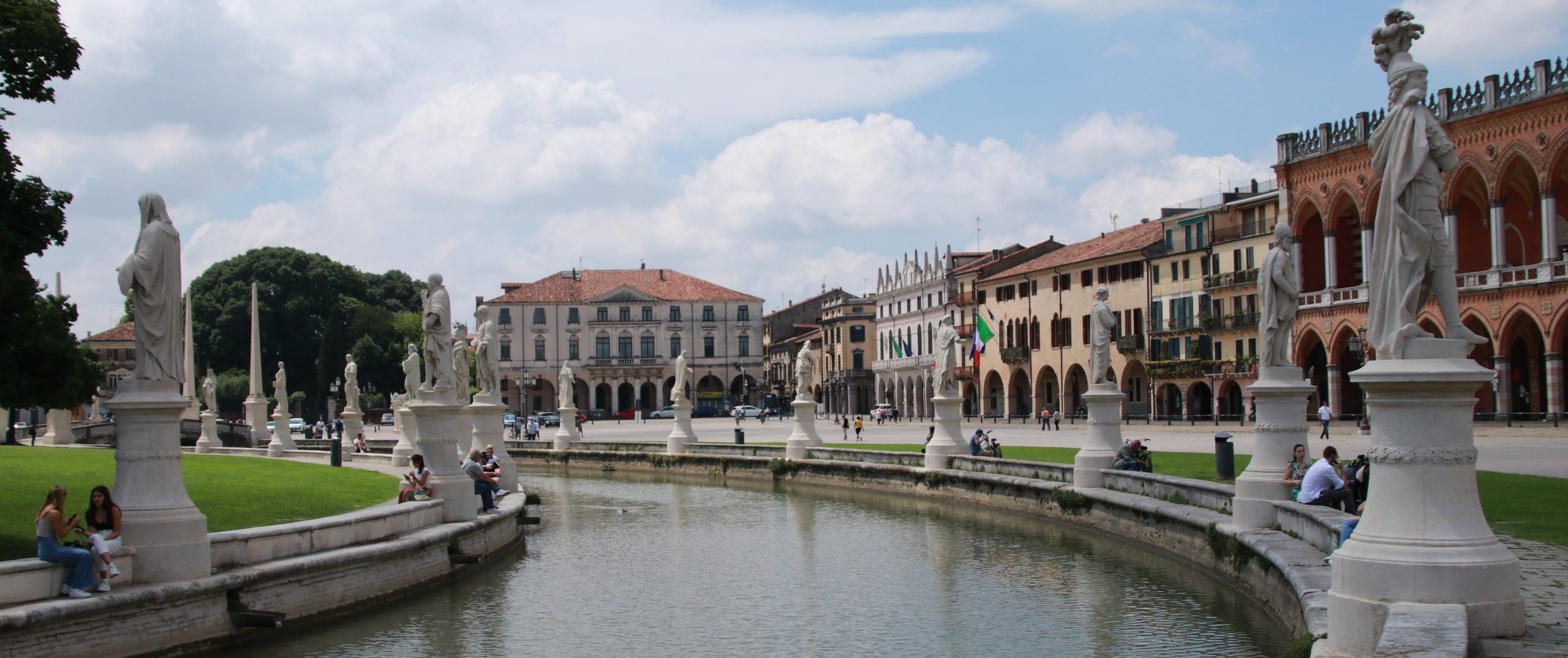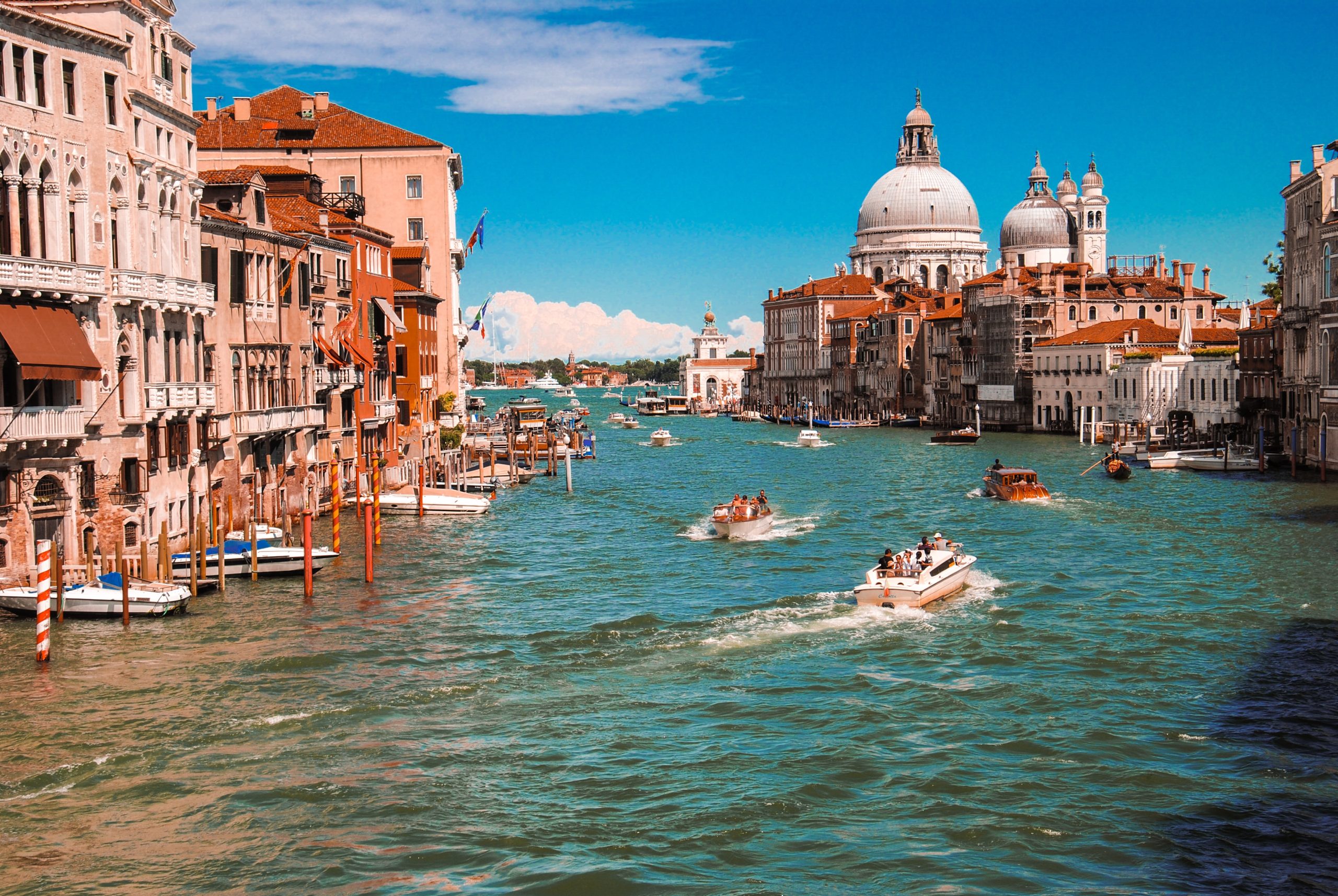The Italian tax system also includes wealth tax for assets held by Italian residents. Since 2012, the 0.2% IVAFE (tax on foreign held assets) and 0.76% (tax on foreign real estate) have been introduced in the Italian tax system. Every Italian tax resident who owns assets overseas is required to disclose the value on December 31st of each year via the tax return submission. This requirement meets two goals:
- Provide Anti money laundering disclosure
- Pay wealth tax
If you are thinking that this is a discriminatory practice against the free movement of capital, and economic freedom, you must bear in mind that this is an attempt to equalize the tax treatment of Italian held financial assets (who pay a 0.2% stamp duty), and the anti money laundering requirements are fulfilled by the Italian financial intermediary.
If you own assets overseas you are then required to DISCLOSE them to the tax office, as well as pay WEALTH TAX.

IVAFE – Wealth tax on financial assets
If you own any financial assets, you are required to pay a 0.2% wealth tax on its value on December 31st. Bank accounts are the exception as they are charged with a flat € 34.20 for each bank account having an average value above € 5,000 or a peak exceeding € 15,000; any value below that is non-reportable.
The foreign financial assets to be disclosed are:
- Bank accounts
- Investment portfolio
- Artwork
- Registered boats and yachts
- Shares held in private companies
- Private pension funds
Note that the pension funds do not attract any tax, thus they only need to be reported, with no taxation levied on its value at year end.
IVIE – Wealth tax on foreign real estate
Ownership of foreign real estate becomes taxable in Italy at 0.76% rate, which is the basic rate payable for IMU. The common questions about this topic is: On which value should I pay IVIE on?
The answer is rather simple, you should disclose the same value used for tax purposes in the foreign jurisdiction, or the purchase cost, and finally the market value.
You can pick the lowest among the three to minimize your tax liability, and you can also deduct any foreign property tax paid against the same value.
In various instances you are not required to pay any further tax, since you already paid it overseas
Fines and penalties
The system is enforced via harsh penalties on the taxpayer who fails to disclose his/her assets. The fine ranges from 3% to 15% of the asset value for each year the asset was not disclosed in the RW form, this is increased to 6% to 30% if the asset is held in black listed countries.
It is therefore crucial to file your tax return in time, and to disclose your foreign held assets. If you lodged a tax return, forgetting to disclose your assets, you are still liable to pay such tax.
An option is to self assess your omission by paying a reduced fine as low as 1/9 of the minimum fine imposed by the tax code.
At this stage you are wondering: how does the Italian tax office know about my foreign activities? Well, the different tax jurisdiction cooperate on information exchange protocol, thus exchanging information about foreign assets in compliance with:
- Common Reporting Standard (CRS)
- DAC 6 in Europe
- FATCA
- Double Tax treaty provision of information exchange
The tax office has 7 years to audit you, therefore the wisest thing you can do is to keep your tax affairs in order and be compliant with the law.








